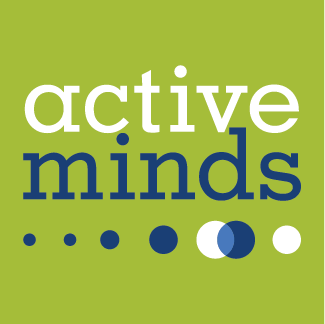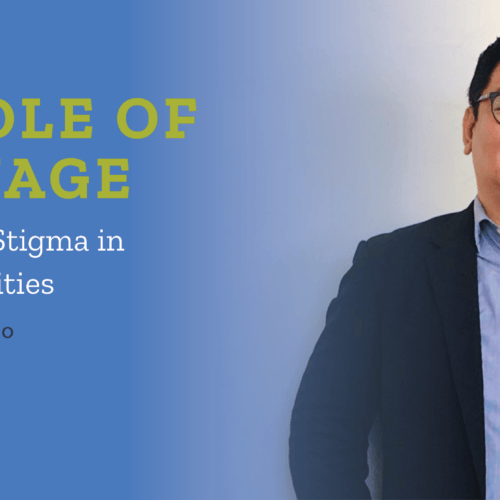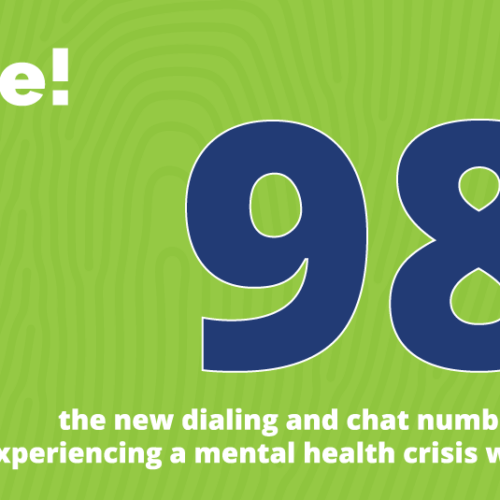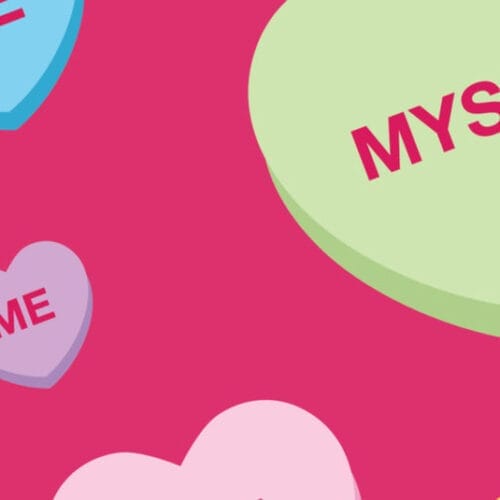Being Asian and Filipino, it was so challenging to talk about my mental health, particularly due to the stigma in my family and community. As a college professor currently visiting the United States (but who was raised in the Philippines, a dominantly Catholic country), I observed from a young age how mental health issues, such as depression, were frequently correlated to a lack of faith or weak emotions. This belief prevailed despite numerous initiatives in the country to fight against stigma. This kept me from exploring mental health issues and even dealing with my own. I knew in myself that there was something wrong with my mental health, and I kept it in for more than seven years out of fear that I might be ridiculed, discriminated against, or questioned, especially considering my position as a professor. I decided not to seek help, but as I began to see how some of my students suffered from the same situations, I realized that mental health education in the Philippines is vital. This prompted me to write a dissertation on language use and mental health for my Ph.D.
When I went to the United States for my Fulbright scholarship, I studied communication and education politics at Gonzaga University. My eyes began to open to the social injustices in the country, which made me think about the mental health situation of my fellow Asians. If mental health stigma was a struggle for me in the Philippines, it was much more of a battle for Asian college students with cultural and faith perspectives of mental health, who also had to deal with casual encounters of discrimination and hate in the U.S.
I was so glad to then learn about Active Minds and its Emerging Scholars Fellowship. They allowed me to research my fellow Asians’ experiences in Spokane, WA, as they dealt with culture-based mental health stigma and discrimination. This opportunity also allowed me to further my interest in applied linguistics, specifically in language and mental health. With the support of the Scattergood Foundation, I found another purpose through my research.
In my search for further information, I discovered that Asian Americans, Pacific Islanders, and Native Americans are usually excluded from conversations about race and racism. Research by Hall and Yee (2012) found that Asian Americans utilize mental health services the least among racial groups. In a community that is dominantly White (more than 80 percent), with Asian communities comprising less than 3 percent of the population, as of 2022, I needed to study the Asian communities in Spokane.
My project, “Communication, Discrimination, and Mental Health: Asians in Focus,” examined Asian/Asian American college students’ mental well-being and encounters with discrimination and mental health stigma and explored the role of language and communication in fighting these. Using the survey method and narrative analysis, I studied the well-being and experiences of 14 Asian/Asian American college students.
The important findings of this project include the following:
- Worries, anxiety, lack of focus, and agitation characterize the participants’ mental well-being. They also expressed difficulties in relaxing in stressful situations.
- As for their everyday experiences of discrimination, most participants expressed that some people from other racial groups think they are better than Asians, so sometimes, they experience threats or harassment. They are also treated with less respect and courtesy.
- Participants also experienced mental health stigma, so they did not talk much about their mental illness. Nevertheless, they believe that people with mental health conditions can still significantly contribute to society.
- Most participants also shared that they use language and communication to educate people about mental health and to express themselves when needed. However, a few of the participants also narrated that they prefer walking away rather than confronting people.
- Asian and Asian American college students also expressed how their experiences of discrimination usually come from friends and strangers in public, while their experiences of mental health stigma typically come from their families.
My goal is to keep writing research papers and publishing them in reputable international journals to continue disseminating information about the role communication and language play in fighting mental health stigma and discrimination against Asians and Asian Americans. After completing this fellowship and my Fulbright scholarship, I am confident to start more initiatives in the Philippines and influence other applied linguists to conduct more studies focusing on communication, language, mental health, and discrimination.







